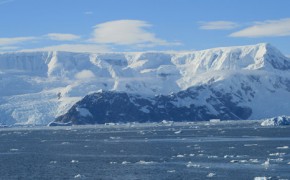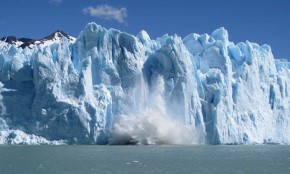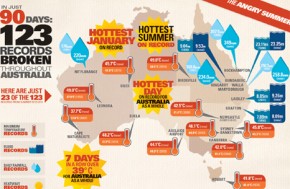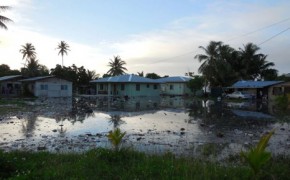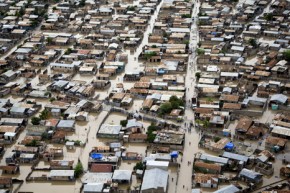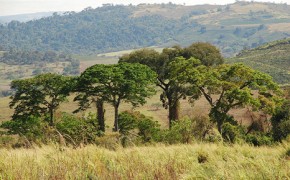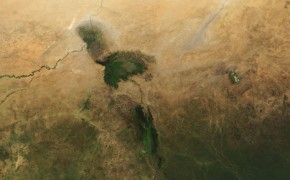Research
85% of Filipinos say they are feeling effects of climate change
Eight out of ten of Filipinos are being personally impacted by climate change, including extreme weather events and health problems
Sea levels set to rise for centuries
Each degree of global warming may raise world sea levels by more than two metres, a new scientific study concludes
Scientists uncertain over rate of polar ice loss
Glaciologists cannot say for certain whether the Earth’s north and south polar ice is melting faster as the years pass
Greenland’s ‘land ice melt’ likely to drive up global sea levels
Surface melting of the Greenland ice sheet will add more to global sea levels than the island’s glaciers – but even a modest rise could have serious consequences
Wildfires shoot climate warming tar balls into atmosphere
Los Alamos National Laboratory scientists reveal small carbon balls created in wildfires are 10 times as warming as conventional soot
Australia warned to prepare for hotter summers – report
Extreme heat, floods and bushfires which affected Australia earlier in 2013 are likely to become more common as a result of climate change
Global warming could wipe out microbes that ‘make life possible’
Scientists warn tiny microbes known as cyanobacteria are under threat from radically changing temperatures
Pacific Islands gather to discuss growing climate threat
Fourth Pacific Climate Change Roundtable brings together environment ministers, meteorologists and UN officials to discuss rising sea levels
UN warns decade of climate disruption set to continue
Record breaking extreme weather in 2001-2010 set to continue the UN’s World Meteorological Organisation has warned in a new report
NASA experiment uncovers Arctic climate time bomb
More accurate data on carbon leaking from thawing permafrost uncovers “sleeping climate giant”
Skinny cows and climate change could cost farmers billions
A study predicts wild and domestic cattle will drastically reduce in weight as the climate warms − compromising food security and slashing farmer’s profits
Climate change will force new species onto endangered list
Up to 83% of birds, 66% of amphibians and 70% of corals are highly vulnerable to the impacts of climate change says the International Union for Conservation of Nature
Desert offers clue to species’ climate survival
Research into one of world’s oldest and driest deserts finds species have evolved to cope with the changes
Brazil at climate change crossroads – Carbon Tracker
Government faces tough decisions over whether to back expanding renewable energy sector or increase investment in its huge deep-water oil reserves
Climate adaptation goes mobile in Brazil
As extreme weather events become more common, the mobile phone is being recognised as an important tool for warnings that can save lives
Skiers face dilemma as California snows recede
“Clear and compelling evidence” shows that winter snows vital for tourism and agriculture are in rapid decline in Southern California
Climate adaptation planning ‘could have prevented’ Uttarakhand deaths
Local expert tells RTCC lives could have been saved if government had enforced rules banning construction of buildings on flood plans
Coral reefs can survive ocean acidity – report
Coral reefs may be able to survive ocean acidity, but can they survive other issues like pollution and overfishing?
Climate change a factor in UK’s unusual weather – Met Office
Workshop concludes with unusual seasons pinned on newly discovered cycle in ocean temperatures, climate change and a number of other factors
Lake Chad’s receding waters linked to European air pollution
After decades of blaming locals, scientists say pollution from Europe and North America responsible for shrinking lake

